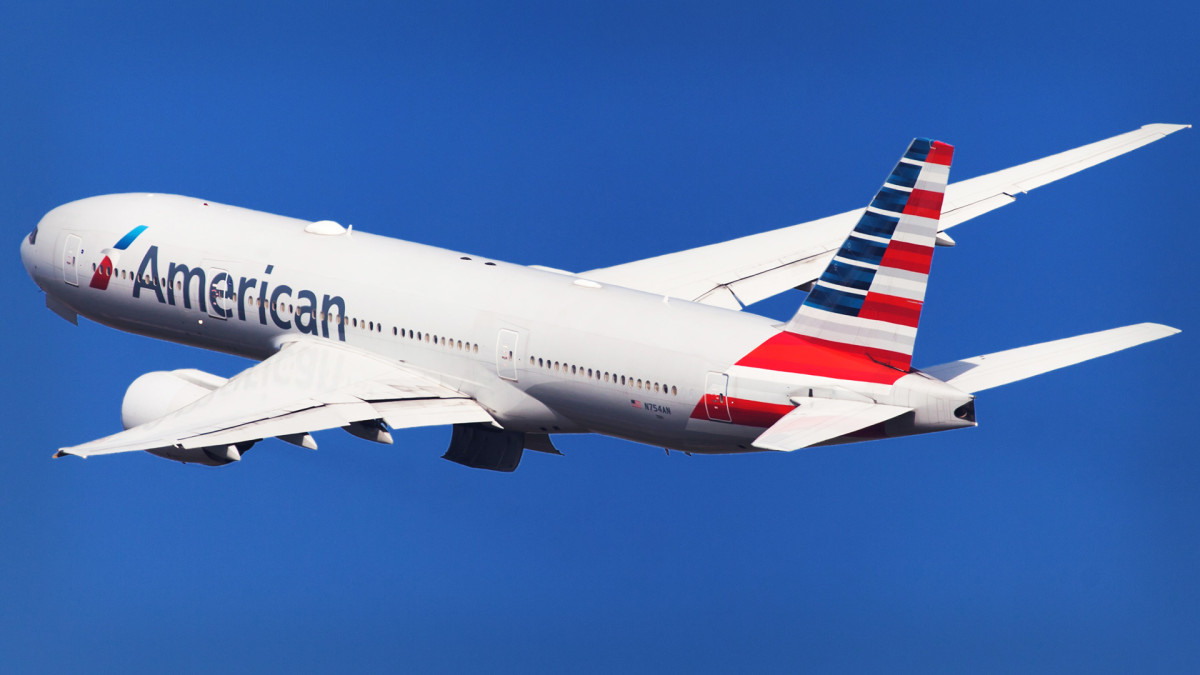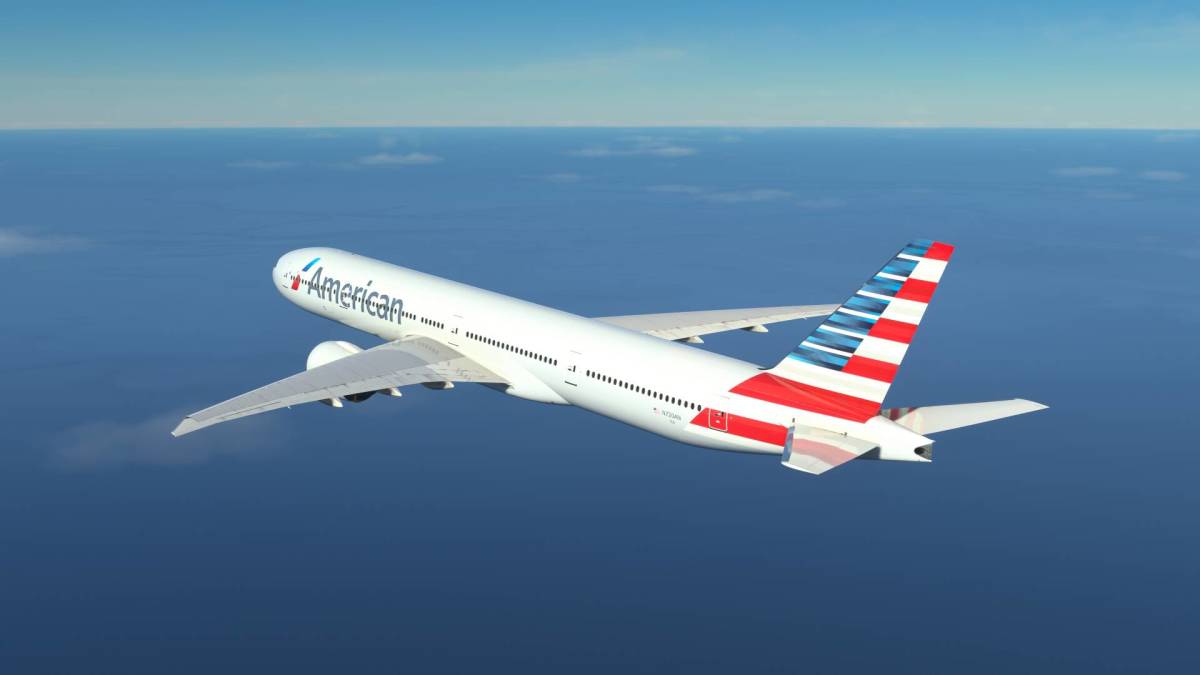
While the vast majority of airplane collisions take place with birds or other flying animals, occasionally planes come into contact with other aircraft or even stationary natural elements such as mountains.
On Nov. 13, an American Airlines (AAL) plane that had just taken off from Honolulu to Los Angeles had to go an “expedited climb” to avoid a mountain that it risked crashing into otherwise.
Don't miss the move: SIGN UP for TheStreet's FREE daily newsletter
Related: A viral video captures just what pilots see during bad turbulence

Shutterstock
FAA: ‘Expedited climb after the crew did not make the assigned turn’
"An air traffic controller instructed American Airlines Flight 298 to perform an expedited climb after the crew did not make the assigned turn while departing from Honolulu International Airport,” reads a description of the incident from the Federal Aviation Administration (FAA). "The controller's actions ensured the aircraft remained safely above nearby terrain."
The Oahu island is famously mountainous with major ranges such as Waianae and Ko’olau. While the statements issued by the FAA and American Airlines did not specify which mountain the plane risked hitting, it was likely some part of the Le’ahi mountain more commonly known as Diamond Hill.
More on travel:
- Another National Park just made it more difficult for you to visit
- National Park visitor becomes first to get arrested for this in 2024
- The Airbnb/hotel debate is getting very tiresome
The incident aboard AA Flight 298 took place at approximately 1 a.m. on Wednesday night (many of the flights from Honolulu to the mainland take off around midnight).
Related: A Hawaii location people kept trespassing for pics is being torn down
American Airlines statement: Passenger safety remains ‘top priority’
"During the climb out of Honolulu on November 13, the crew of American Airlines flight 298 requested and received right-turn clearance and complied with controller instructions,” American Airlines said in a statement adding that the safety of its passengers remains its “top priority.”
As the pilot was able to avoid the collision by continuing to climb upwards, no injuries occurred and the flight was continued safely to its destination in California.
In November 2023, a flight run by Chile-based airline LATAM saw the engine of its plane erupt into flames after hitting a flock of birds while flying between the Brazilian cities of Salvador and São Paulo. The flight was quickly diverted to Salvador-Deputado Luís Eduardo Magalhães Airport while all passengers onboard were evacuated without any injuries.
More recently in October 2024, a Ryanair (RYAOF) plane coming in from Italy's Bologna hit a "number of geese" right when landing on runway 23R at Manchester Airport in northern England.
As the plane was already on the way down, it was able to make a safe landing but the runway still had to be shut down for half a day to inspect the aircraft and clean up the remains of the birds killed by the impact; this, in turn, caused significant disruption to a number of European low-cost airlines also flying into the airport at the same time.
FAA estimates show that that between 11% and 15% of all bird strikes that occur cause some form of damage to the plane, while fewer than 1% result in injury to the people inside.
In the U.S., a recent strike occurred when another American Airlines flight from Washington, DC to Key West in Florida had to make an emergency landing in Baltimore after the plane "struck a bird taking off.”
Related: Veteran fund manager sees world of pain coming for stocks







